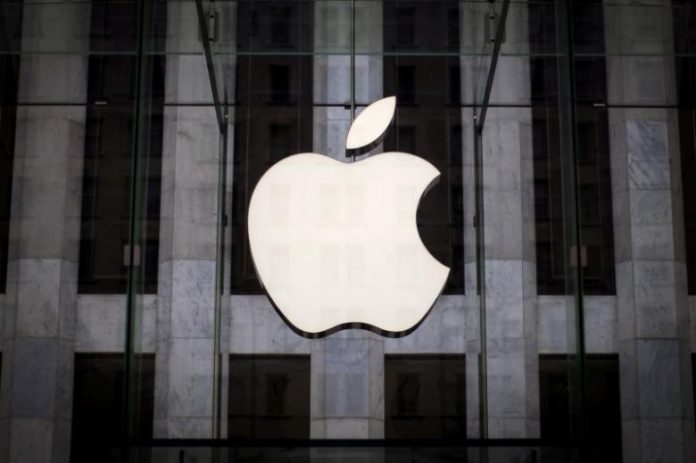A federal judge in California has ruled that Apple Inc. violated a court order designed to increase competition in its App Store, and has referred the company and one of its senior executives to federal prosecutors for a potential criminal contempt investigation.
U.S. District Judge Yvonne Gonzalez Rogers said in an 80-page decision on Wednesday that Apple failed to comply with her 2021 injunction stemming from a landmark antitrust lawsuit filed by Epic Games, the maker of Fortnite. The order had required Apple to allow app developers to direct users to alternative payment methods outside the App Store.
“Apple’s continued attempts to interfere with competition will not be tolerated,” Gonzalez Rogers wrote. “This is an injunction, not a negotiation. There are no do-overs once a party willfully disregards a court order.”
The judge referred Apple and Alex Roman, its vice president of finance, to federal prosecutors, stating that Roman’s testimony regarding Apple’s compliance was “replete with misdirection and outright lies.”
In response, Apple said it “strongly disagrees with the decision,” pledging to comply with the order while also appealing the ruling.
The legal dispute began after Epic accused Apple of stifling competition and overcharging developers with a 30% commission on in-app purchases. In her 2021 ruling, Gonzalez Rogers found that Apple had violated California’s competition law and ordered the company to allow developers to guide users toward external payment options. Apple later failed to convince the U.S. Supreme Court to overturn the injunction.
In March 2024, Epic alleged that Apple was flouting the order by implementing a new 27% commission on developers when users make purchases outside the App Store. Epic also criticized Apple’s use of warnings to discourage users from clicking on external payment links, calling the company’s updated system “commercially unusable.”
Apple has denied wrongdoing, arguing in a March 7 court filing that it had made “extensive efforts” to comply while protecting its business model and ensuring consumer safety. However, the judge said Apple’s changes appeared to serve no purpose “other than to stifle competition.”
In her latest ruling, Gonzalez Rogers barred Apple from continuing to restrict developers from communicating with users and prohibited the company from enforcing its new off-app commission. She also rejected Apple’s request to delay enforcement, citing “repeated delays and severity of the conduct.”
Whether a criminal case proceeds will be up to the executive branch, the judge noted, but emphasized that Apple could still face penalties aimed at deterring future misconduct.




